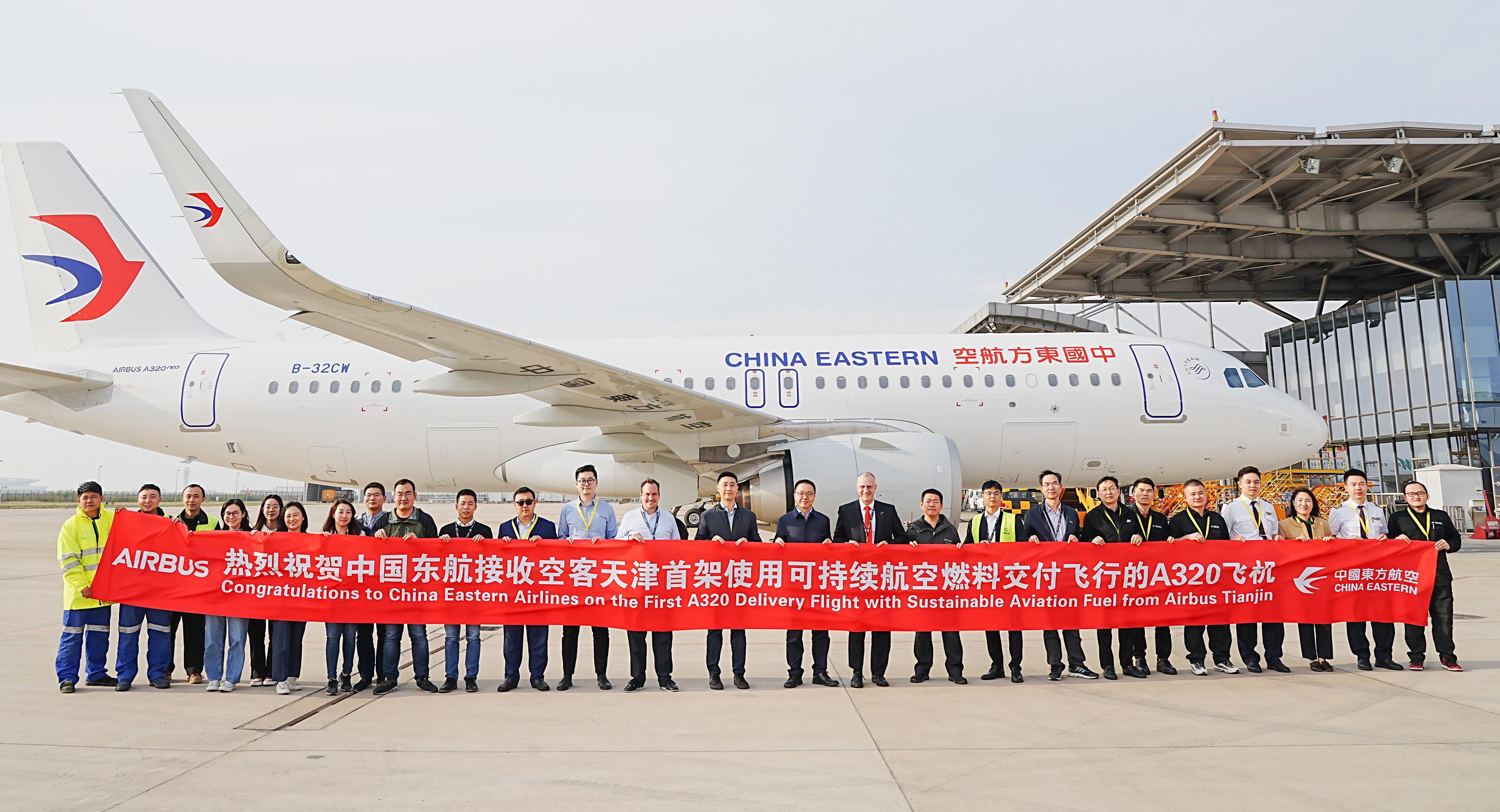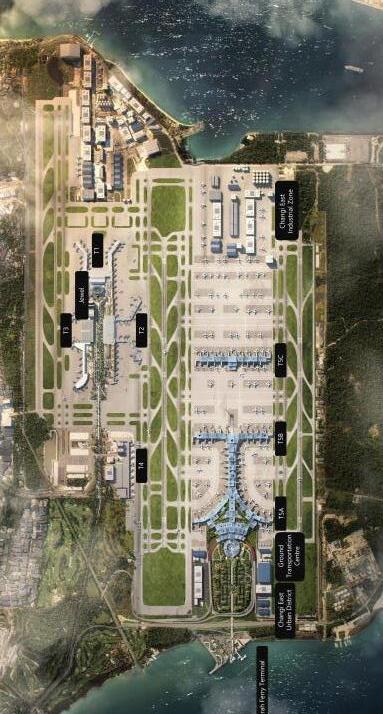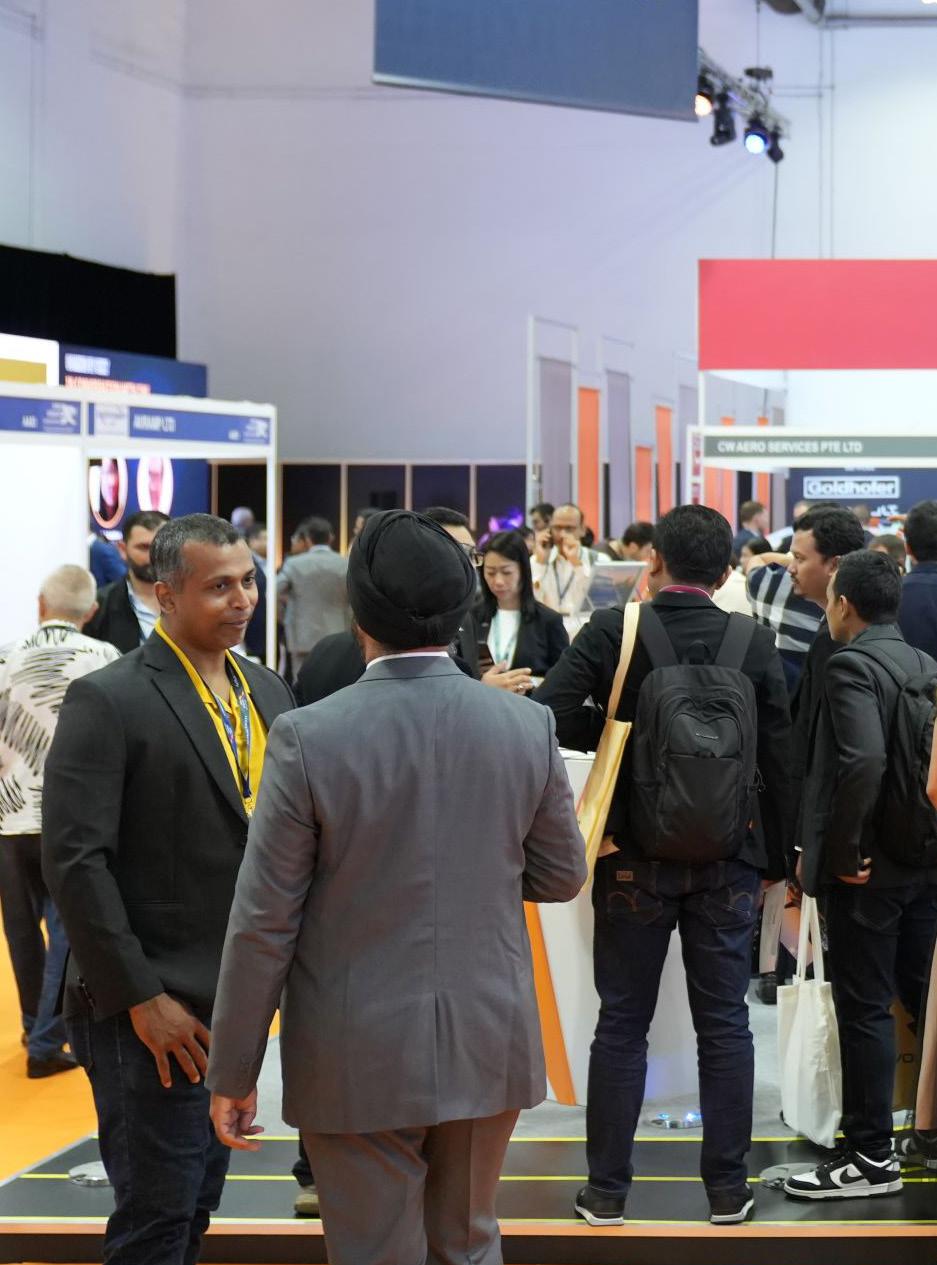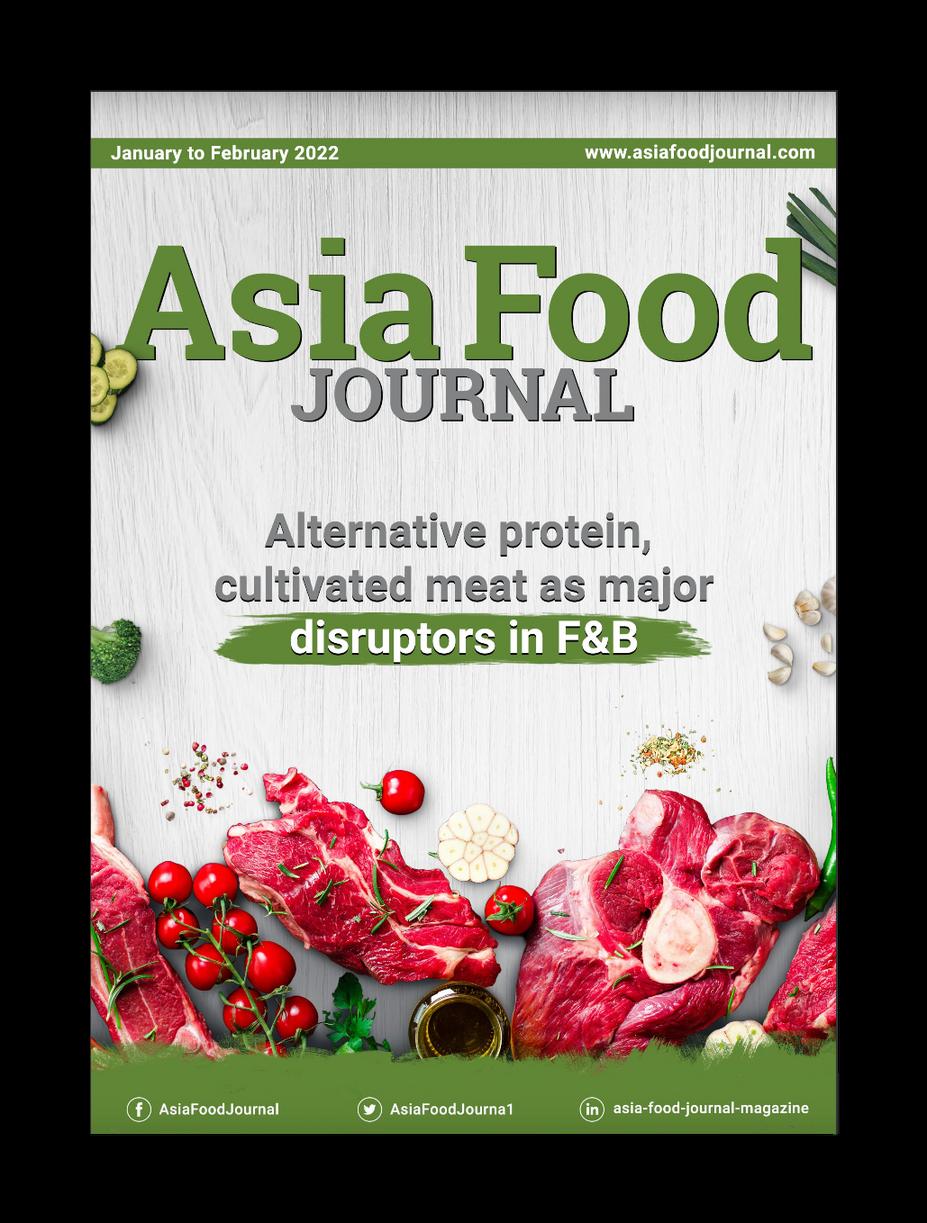
3 minute read
Sustainable aviation fuel in Asia Pacific
SAF takes off in Asia as stakeholders march forth towards net zero
The term sustainability aviation fuel has certainly got the attention of people in the boardroom of air transport and logistics companies and is now becoming a driving force towards the industry’s decarbonisation agenda. In recent updates, several airlines and industry stakeholders have announced their respective initiatives on this. In this special feature, we’ll take a look at ongoing developments in terms of SAF takeup and supply plans across Asia Pacific, Europe and the Middle East. First stop: Asia Pacific
Asia Pacific
In Japan, all cargo airline Nippon Airways used sustainable aviation fuel for several cargo flights in November and December in 2022. The sustainable aviation fuel is supplied by Neste at Amsterdam Airport Schiphol. NCA plans to source SAF at all of its destinations, according to a top executive. In January, ANA, which has set a goal of replacing at least 10 percent of its jet fuel with SAF by 2030, signed a memorandum of understanding with local supplier
ITOCHU Corporation and Raven SR who will begin production of SAF in California by 2025. The latter owns patented technology for converting various types of local waste into hydrogen and clean fuel, including green waste, municipal solid waste, organic waste, and methane from municipal solid waste.
In China, airlines and aircraft manufacturers have joined the cause after Airbus opened a new sustainable aviation chapter in October last year. Airbus powered an A320neo from its Tianjin delivery centre with five percent SAF fuel blend for delivery to China Eastern Airlines. The SAF was produced locally from used cooking oil by SINOPEC Zhenhai Refining & Chemical Company, a state-owned manufacturer in China. It is the first batch of China-made SAF from a certified Chinese facility.
In Taiwan, China Airlines set a new benchmark for sustainability among local carriers after it was recognised as the top performer in ESG (Environmental Protection, Social Responsibility, Corporate
Governance) in the airline industry by S&P Global’s Sustainability Yearbook. The Taiwanese airline, which has committed to “net zero by 2050”, became the first airline in Taiwan to demonstrate the use of SAF when ferrying new aircraft back to Taiwan in 2017. The airline said every A321neo next-generation passenger aircraft has used 10 percent SAF for ferry flights since 2021.
In Singapore, Neste has established an APAC innovation centre to strengthen its innovation and R&D capabilities in the Asian market. The company said the new centre with state-of-the-art laboratory equipment and advanced analytical and raw material research capabilities focuses on research around raw materials and the pretreatment processes. Plans are underway for expanding its renewable products refinery in Singapore, slated to begin by the end of the first quarter in 2023.
In the next special feature on SAF, we will feature ongoing developments in Europe led by airports and freight forwarders.
Airport stakeholders converge at Marina Bay Sands for 8th inter-airport Southeast Asia

inter-airport Southeast Asia once again welcomed speakers and exhibitors after a 4-year hiatus, finishing on a positive note after 3 days of conferences and exhibition at the Marina Bay Sands in Singapore on 1-3 March.

The conference saw high-level representations from airports, business partners including architects, designers and consultants as well as the aviation ecosystem, including airlines and ground handlers. Joining the lineup of industry heavyweights during the conference were Jean Roche, head of international engineering services at ADP International; Piyush Chawla, APAC managing director at Cirium; and Angela Ng, director at the Civil Aviation Authority of Singapore.
Industry players took the opportunity to launch new offerings at the exhibition space, which include a battery-powered ground power unit that can reduce carbon footprint developed by ITW GSE, remote-controlled aircraft tug by Sanxing; as well as improved face recognition technology by Cognitec.
The exhibition also gathered representatives from Germany and Italy with the German representation growing 27 percent compared to the last IASEA held in 2019. The biennial event will return to Singapore for the 9th edition in 2025.
Singapore brings back aviation safety conference in Asia Pacific
Singapore hosted the inaugural Asia Pacific Summit for Aviation Safety on 22-24 March at the Marina Bay Sands. Jointly organised by nonprofit Flight Safety Foundation and the Civil Aviation Authority of Singapore, the conference gathered senior leaders and aviation professionals, including regulators, airlines, aircraft manufacturers, maintenance organisations, air navigation service providers and aerodrome operators, from across the Asia Pacific region to discuss aviation safety challenges and initiatives.
One of the highlights of the conference was the announcement of a new Asia Pacific Centre for Aviation Safety in Singapore. Flight Safety Foundation will set up the new centre to help aviation stakeholders in the region raise safety standards and capabilities to restart and ramp up operations safely as air travel recovers to pre-pandemic levels.
Supported by the Civil Aviation Authority of Singapore, the centre will develop an annual work programme to meet the needs of regulators and industry in the region and undertake projects and studies and adopt a data-driven approach to provide a deeper understanding of safety challenges and build capabilities in technology, data analytics and safety management processes. It will work on three key projects in 2023, focusing on regional safety assessment, safety culture leadership, and pilot competency and training capabilities. CAAS will help fund the centre to support the initial set-up and its activities for the first five years. Mitchell A. Fox, a former airline pilot and long-time executive with the International Civil Aviation Organization, was appointed to serve as the centre director.
Asia Pacific Summit for Aviation Safety represents the relaunch of the annual Singapore Aviation Safety Seminar, which had been organised since 2015. The event was renamed to reflect its greater scale and reach.












